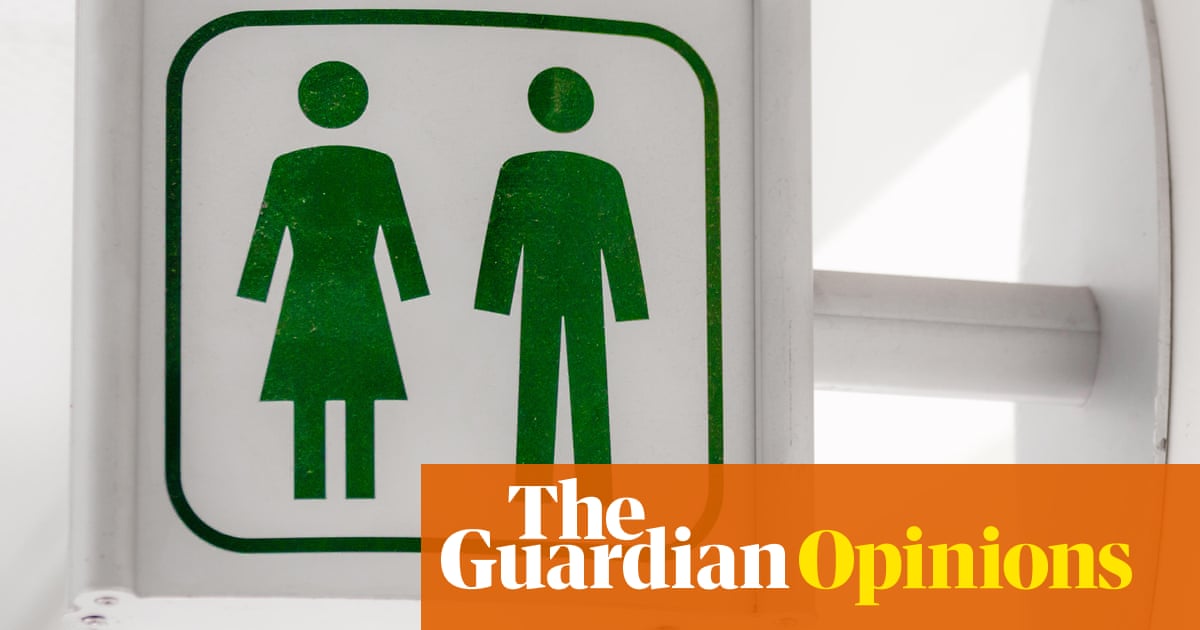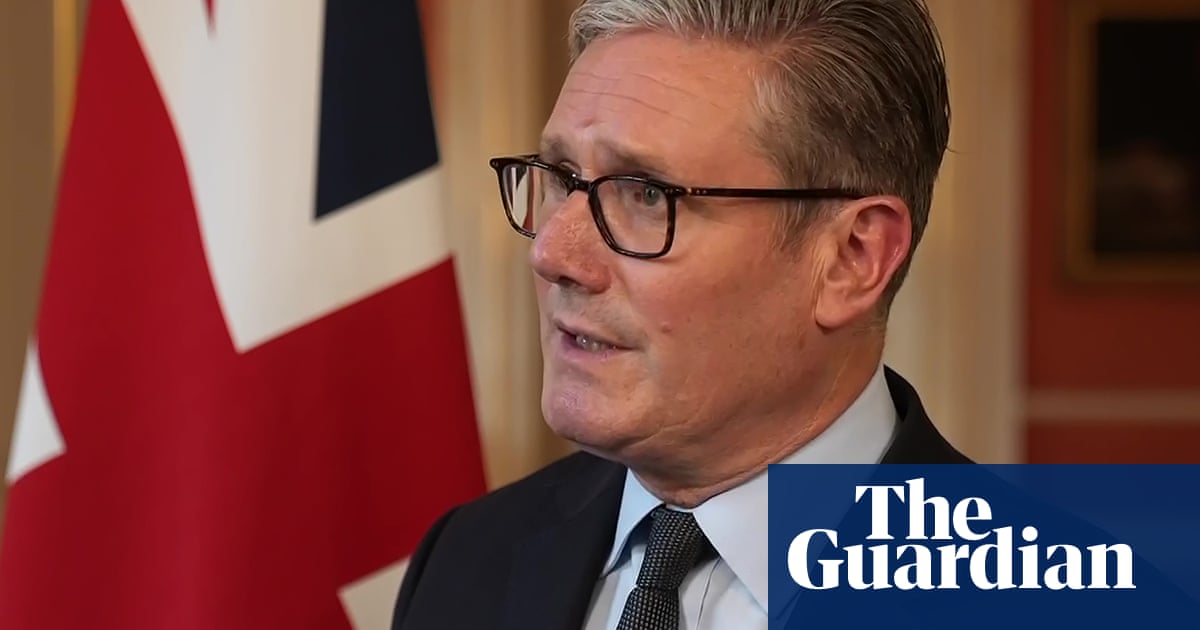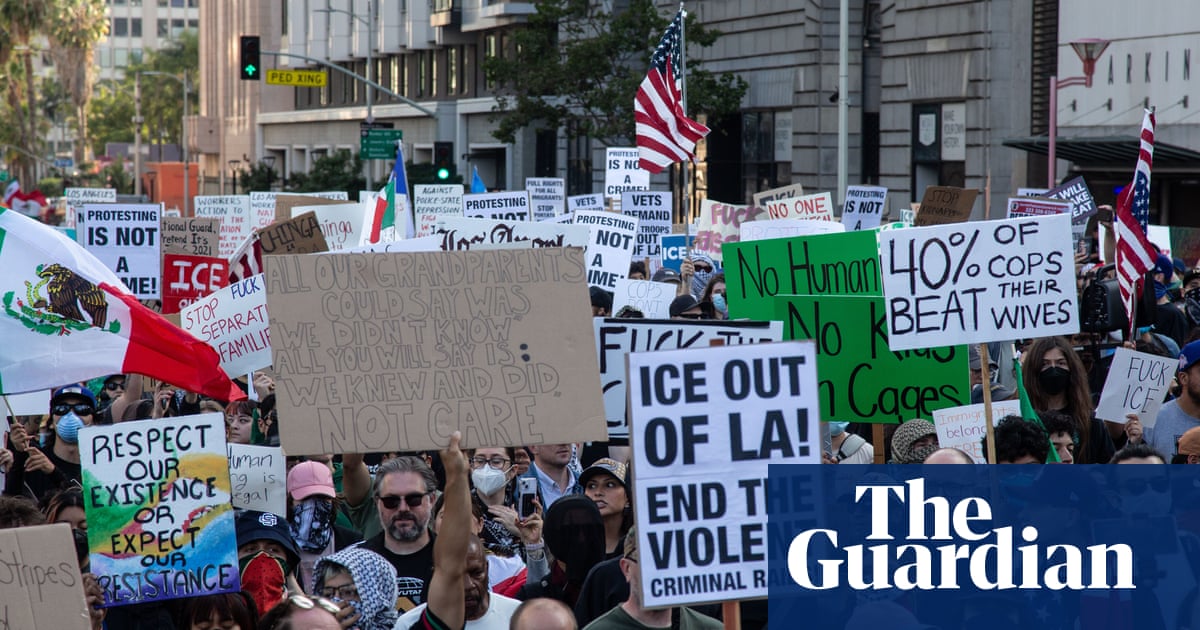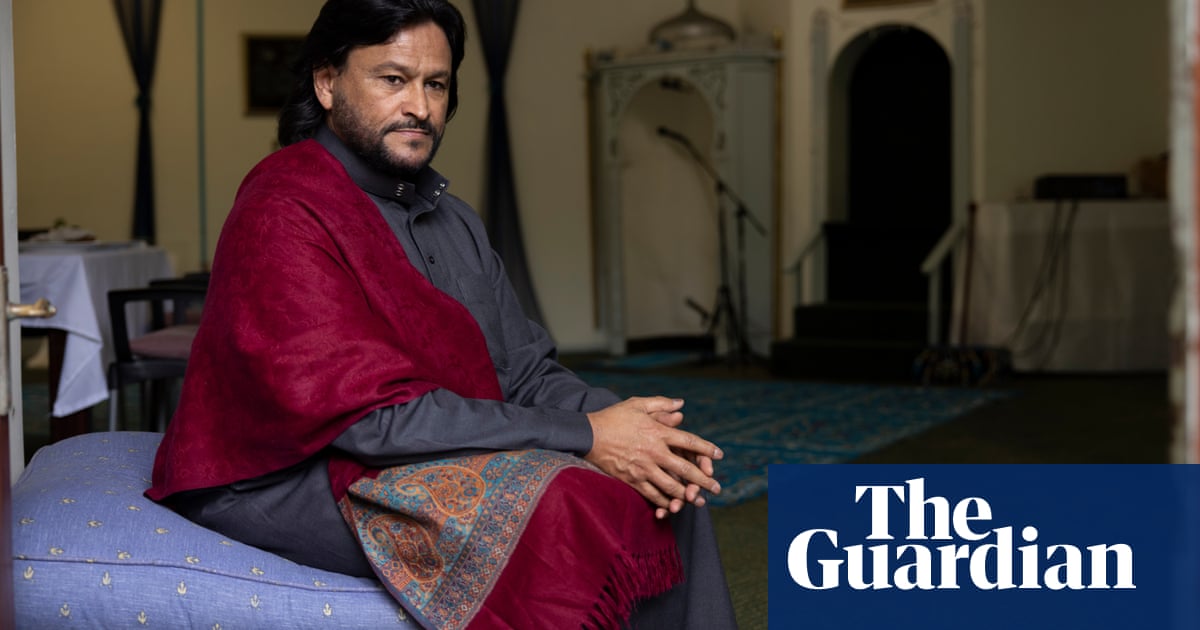Before dawn on Friday, Israel unleashed a wave of air strikes against more than 100 targets in Iran, including nuclear facilities, ballistic missile factories and air defense systems. The surprise Israeli attack also killed some of Iran’s most senior military commanders and nuclear scientists. The Iranian regime called it a “declaration of war” – and western powers raced to prevent a wider regional conflict that could draw in the US along with other countries in the Middle East.
While the Israeli prime minister, Benjamin Netanyahu, claims that he’s trying to prevent Iran from developing nuclear weapons, the attack is as much intended to blow up ongoing negotiations between Tehran and Donald Trump’s administration. While Trump’s overall foreign policy has been a disaster, for months he had resisted Netanyahu’s pleas to give Israel a green light to attack Iran, with US assistance. Trump insisted he wanted a chance to negotiate a deal with Iran’s leaders that would compel Tehran to give up its nuclear program in exchange for relief from US and other international sanctions.
After Friday’s attacks, Trump suggested the Iranian regime could still be convinced to negotiate, saying Tehran “must make a deal, before there is nothing left”. He added that Israel could carry out further attacks that would be “even more brutal”. Before Trump’s aggressive comments, his secretary of state, Marco Rubio, had gone out of his way to explain that Israel had taken “unilateral action” and warned Tehran against targeting US military bases or embassies in the Middle East. “We are not involved in strikes against Iran and our top priority is protecting American forces in the region,” Rubio said.
It’s hard to imagine that Netanyahu would have launched such a brazen attack against Iran without at least some tacit support from Trump. Like all modern US presidents, Trump has lavished Israel with billions of dollars in weapons and has undermined international law and institutions like the UN security council to shield Israel from criticism. But Trump also prizes his reputation as a dealmaker, and he had invested significant political capital in negotiating an agreement with Iran. In a call this week, the president reportedly told the prime minister he preferred diplomacy.
By attacking Iran and torpedoing the negotiations, Netanyahu outplayed Trump – and the Israeli leader may well ensnare the US in a new Middle East conflict that Trump insists he does not want. Since Netanyahu unleashed multiple wars in the region after the Hamas attack on southern Israel in October 2023, he’s confident that the US will always bail him out. Even after Israel launched a war on Gaza, a two-month ground invasion of Lebanon and frequent attacks on Syria, it continues to receive virtually unlimited US weapons and political support from Washington.
Is it any surprise that Netanyahu has been emboldened to take greater risks that undermine several of Israel’s neighbors and now threaten to engulf the wider Middle East in a regional war? Starting with steadfast support from Joe Biden’s administration and continuing with Trump, Netanyahu knows that the US will always protect Israel from the costs of its escalation and adventurism. And US taxpayers are footing the bill: from October 2023 through September 2024, the US provided Israel with nearly $18bn in weapons, while the Pentagon spent another $4.9bn on its own military activities in the Middle East. That’s $22.7bn in US funding that enabled Netanyahu to prolong Israel’s brutal war on Gaza, an offensive in which Israel has committed war crimes and sparked accusations of genocide.
For its part, the Trump administration announced in February that it would send more than $8bn in new weapons to Israel – continuing Biden’s failed policy of unrestrained arms shipments and unwavering political support for Netanyahu. Trump, the supposedly grand dealmaker, has so far failed to use the most effective leverage he has over the Israeli premier: the provision of US weapons and political cover.
Despite Trump’s persistent claim that he wants to be a peacemaker who ends America’s legacy of forever wars, he now risks becoming yet another US president who is mired in a disastrous conflict in the Middle East – thanks to his refusal to restrain Netanyahu, a US ally who has not yet paid any price for his warmongering.
In his inaugural address in January, Trump reinforced his desire to establish himself as a mediator who will end global conflicts, including the wars in Ukraine and Gaza, and avoid new wars entirely. “My proudest legacy will be that of a peacemaker and unifier,” he said. Trump had also stewed for years over the fact that his predecessor, Barack Obama, won the Nobel peace prize during his first year in office in 2009, while Trump was passed over for the honor, even though he had brokered a series of diplomatic deals in 2020, known as the Abraham Accords, between Israel and several Arab states.
If Trump has any hope of winning a Nobel prize – or even salvaging a minor legacy as a peacemaker – he will need to fix the Iran agreement he tore up seven years ago.
In 2018, during his first term, Trump unilaterally withdrew the US from a deal that was signed by Obama, and had taken years for Iran to negotiate with six world powers, under which Tehran limited its nuclear enrichment in exchange for sanctions relief. The 2015 agreement, which Trump had called a “disaster”, allowed Iran to continue producing nuclear fuel at low levels, enough to operate nuclear power plants but not to produce weapons. After Trump abandoned the original deal, Iran moved closer to developing a nuclear weapon than ever before. According to the International Atomic Energy Agency (IAEA), as of early this year, Tehran had enriched enough uranium to produce six nuclear weapons, although Iran would still need up to a year of additional work to develop an actual nuclear warhead and deploy it on a missile.
In the early weeks of his second term, Trump seemed eager to negotiate a new deal with Iran: he sent a letter to Iran’s supreme leader, Ayatollah Ali Khamenei, saying the US wanted to restart negotiations that had been abandoned by the Biden administration. As he often does in negotiations with foes and enemies alike, Trump then issued a threat, warning Iran’s leaders that if diplomacy failed, they would be subjected to “bombing the likes of which they have never seen before”.
In March, Trump dispatched his special envoy, Steve Witkoff, to lead a team of US negotiators to meet with top Iranian officials in mostly indirect talks mediated by Oman. Since then, Iran and the US have held five rounds of talks. The next round of negotiations was supposed to be held on Sunday, with Witkoff heading to Oman.
During its attacks on Friday, Israel killed Ali Shamkhani, one of the top Iranian officials responsible for nuclear negotiations with the US. A top aide to Iran’s supreme leader, Shamkhani was not officially part of the Iranian delegation in the current round of US talks, but he played a pivotal role in overseeing nuclear policy.
Iran has pulled out of the latest round of talks scheduled for this weekend. Netanyahu might have destroyed Trump’s chance at making a deal with Iran – and the prime minister has increased the likelihood of yet another disastrous war.
-
Mohamad Bazzi is director of the Hagop Kevorkian Center for Near Eastern Studies, and a journalism professor at New York University

 13 hours ago
7
13 hours ago
7

















































